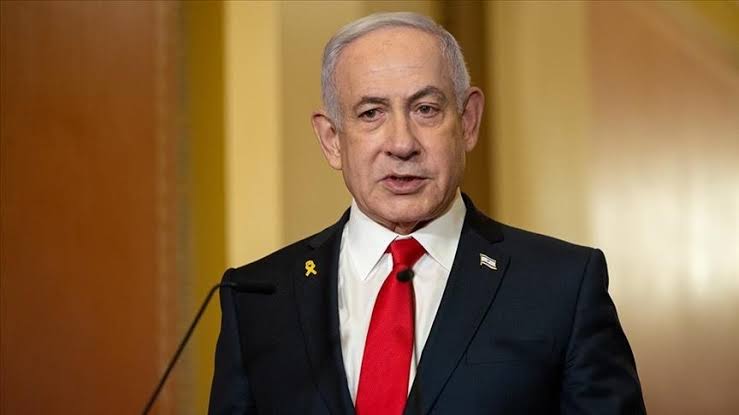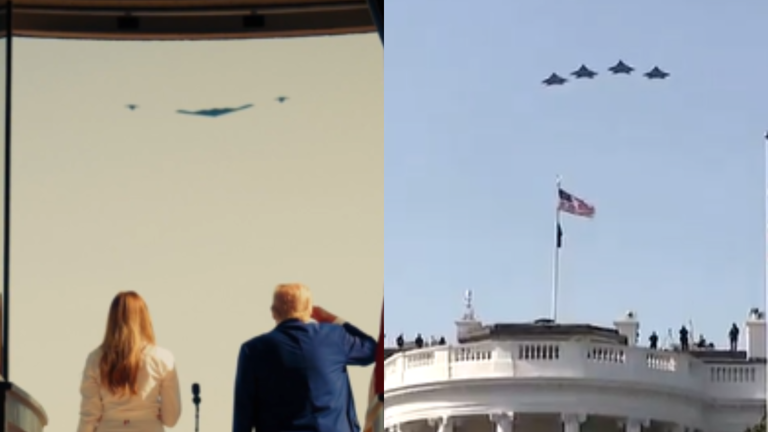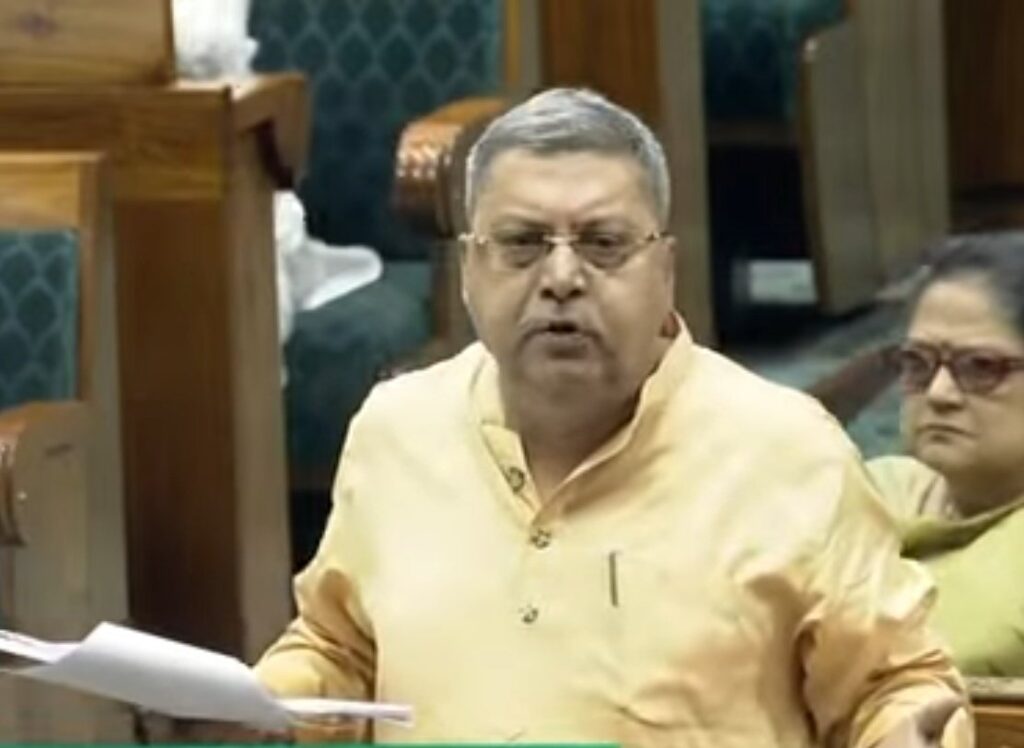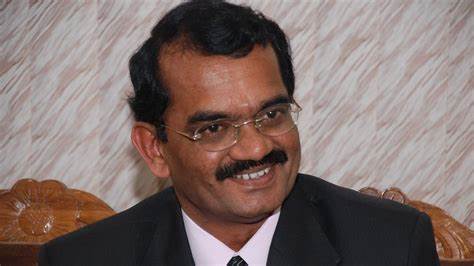How a Belgian Embassy Staffer Sparked a Political Firestorm With Posters of Israeli PM in Delhi’s Diplomatic Zone
On May 29, 2025, the high-security diplomatic enclave of Chanakyapuri, New Delhi, became the unlikely center of a diplomatic controversy after ‘Wanted’ posters featuring Israeli Prime Minister Benjamin Netanyahu appeared near prestigious institutions such as Carmel Convent School and the American Embassy School.
The Delhi Police quickly removed the posters, but the mystery of who placed them soon unraveled into a complex intersection of diplomatic immunity, international politics, and freedom of expression. The individual responsible was identified as a Belgian Embassy staffer with diplomatic status, effectively shielding him from Indian legal action.
As India treads cautiously between foreign relations, legal protocols, and political sensitivities, the incident raises urgent questions about what happens when diplomatic privilege collides with political provocation.
CCTV Trail to a Diplomatic Loophole: The Investigation So Far
Following a formal complaint, Delhi Police launched an intensive investigation, scanning over 50 CCTV cameras in the vicinity. The footage revealed an individual on a bicycle, moving quietly in the early morning hours, affixing posters that portrayed Prime Minister Netanyahu with the word “Wanted.”
🚨 #BREAKING: Belgian diplomat caught pasting “WANTED” posters of Israeli PM Netanyahu in Delhi’s high-security Chanakyapuri at 5:30 AM on May 29! 🇧🇪🇮🇱🇮🇳
— Prashant (@prashant10gaur) June 3, 2025
👮♂️ Delhi Police submits detailed report to MHA
🇮🇱 Israeli Embassy’s Deputy Chief raises issue with MEA pic.twitter.com/Ums8TswTVp
Upon tracing the individual to his residence, police discovered he was a Belgian national with a diplomatic passport and confirmed employment at the Belgian Embassy in New Delhi. This immediately triggered the diplomatic immunity clause, meaning Indian authorities could not arrest, detain, or prosecute him under Indian law. Police recorded his identity and details but made no arrest, instead escalating the matter to the Union Home Ministry (MHA), which will now work with the Ministry of External Affairs (MEA) to determine the next steps. The posters were swiftly removed, but not before the act sent ripples through diplomatic circles, considering the timing coincides with heightened global criticism of Israel’s actions in Gaza and the West Bank.
Between Protest and Provocation: The Limits of Diplomatic Immunity
The case has sparked serious debate on the ethical responsibilities of foreign diplomats stationed in India. While diplomatic immunity under the Vienna Convention protects foreign officials from legal prosecution, it does not extend to public political acts that may disrupt host-country sensitivities.
The fact that the posters targeted the head of a foreign government, especially one with whom India shares critical defense and tech partnerships, escalates this from a harmless protest to a potential international provocation. It also puts Belgium in a tight diplomatic spot, though neither the Belgian Embassy nor Israeli authorities have issued official statements.
This isn’t the first time political expression by diplomats has stirred controversy globally—but it may be one of the rare cases in India’s capital involving such direct action. The Ministry of External Affairs is expected to take the lead in coordinating with Belgium on possible disciplinary measures or a diplomatic recall, depending on how seriously the act is interpreted.
The Indian government, meanwhile, walks a diplomatic tightrope—balancing its commitment to international norms with the need to assert its sovereignty and legal jurisdiction in politically sensitive zones.
What started as a seemingly minor act—putting up a poster—has quickly become a case study in modern diplomacy’s gray zones. The episode not only underscores the power of political symbolism but also tests the limits of diplomatic immunity in an era of global unrest and rising populist sentiment. As the Indian government weighs its response, and international observers watch closely, this incident serves as a reminder: in today’s interconnected world, even a bicycle-riding diplomat with a glue stick can alter the course of diplomatic discourse.





















